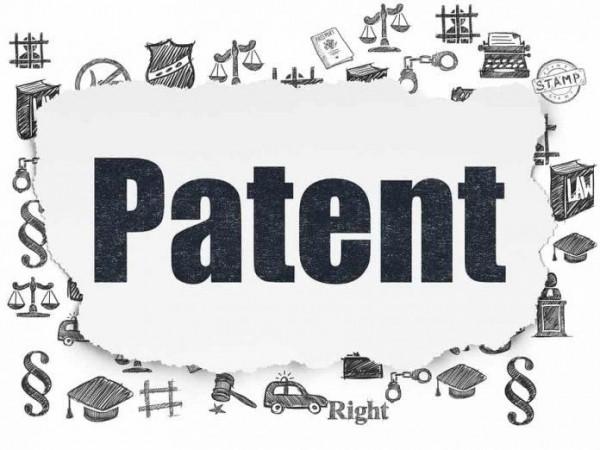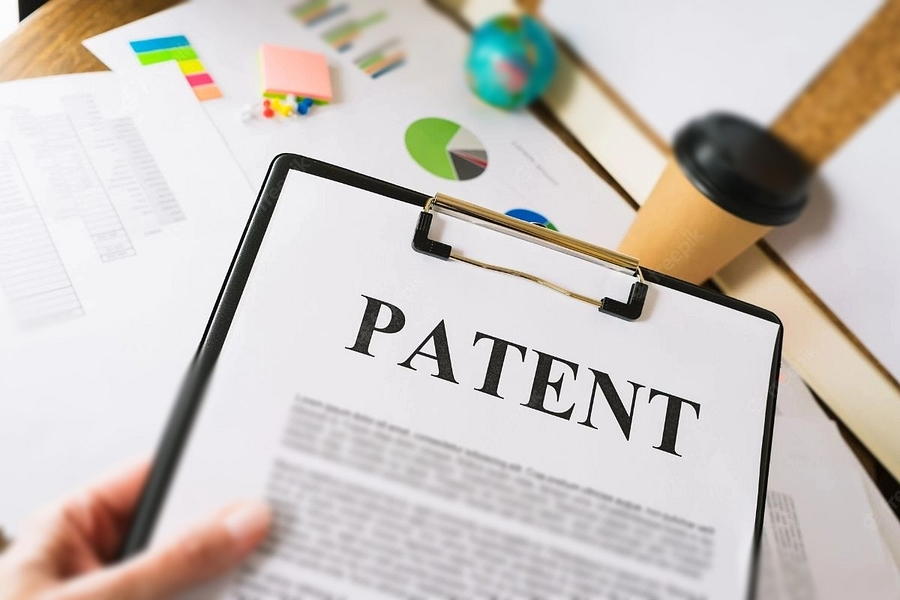Startups focus on innovation to thrive and survive in a competitive market. They solve problems, build prototypes, and refine user experience. But they might forget about patents as they rush to create something new and bring it to the market. Startup owners might assume they will deal with the legal stuff later. However, delaying patents can lead to issues. Read on to learn how startups unintentionally miss out on crucial patent protections:

Waiting Too Long to File
Many startups wait until their product is perfect before thinking about a patent. But you could be starting a countdown if you publicly disclose your invention.
Filing after public disclosure gives you a one-year grace period in the United States. Inventions will not be patentable once it is public in other countries. This means your own innovation could already be ineligible for protection abroad by the time you are ready to file. So, file a provisional patent application early. It is less expensive and gives you a year to refine your invention before filing the full application.
Assuming Software Cannot Be Patented
Abstract ideas and algorithms cannot be patented on their own but software that solves a technical problem or improves how a computer functions can be patented.
Startups often assume their code or platform does not qualify, so they skip exploring their options. However, the right framing and language in your patent application can make a difference. It is about what your software does and how it does it in a novel way. You may have more patent potential than you think if your product involves unique data processing, interfaces, or problem-solving methods.
Confusing Copyright, Trademark, and Patent
Copyright protects creative expression. Trademarks cover brand identity. Patents protect inventions. It might be easy in theory. However, you might misapply one to the other when you are juggling all the moving parts of a new product.
Startups sometimes think a copyright or trademark will cover their technology. However, it will not. You might have a killer feature you spent months developing. But only a patent can stop someone from copying the function or method behind it. You could be leaving key assets exposed if you are mixing up your IP strategies.
Failing to Lock Down Ownership
Every founder, employee, contractor, and contributor should sign an agreement that assigns any IP they create to the company. Someone else might claim ownership of patentable features or processes without it. You will lose precious time and legal fees even if you eventually win the argument. Clean documentation from day one avoids these messy battles.
Thinking First-Mover Advantage Is Enough
Being first to market is great; however, it is not protection. Another company could end up with the rights to your own innovation if it sees what you have built, reverse engineers it, and files a patent before you do. The cost and complexity of defending it in court might be too steep even if you can prove you were first.
A patent is a formal legal shield. It gives you leverage, investor confidence, and negotiating power. First-mover advantage is good but it is better to pair it with a solid IP strategy.

